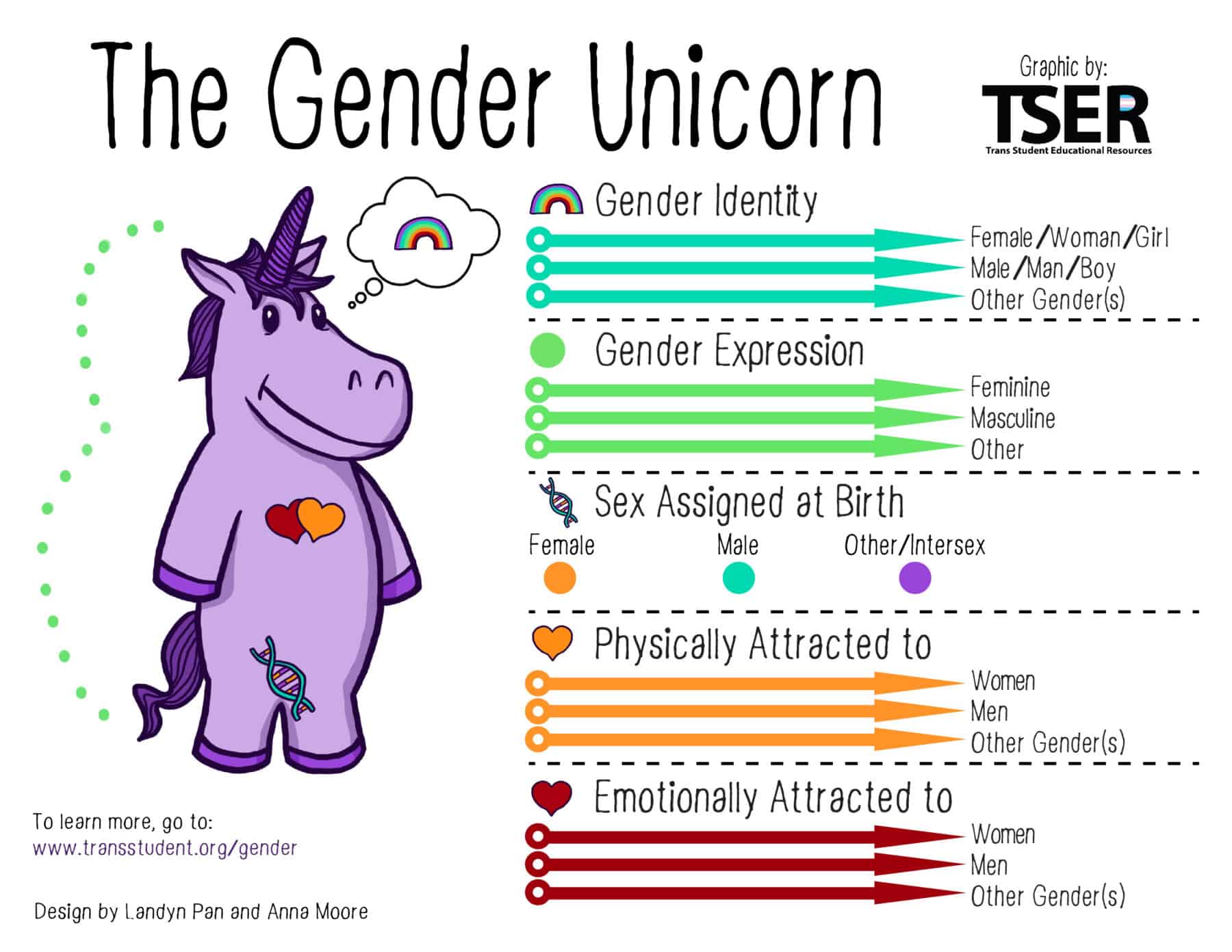Last week, UK Prime Minister Rishi Sunak announced a review of sex-education lessons in schools across England, addressing concerns expressed by parents. While a review had already been proposed, recent evidence highlighting the graphic and ideological content of some sex-education classes and materials has underscored the necessity for an immediate investigation.
Earlier this month, a dossier of evidence was presented to Sunak by Miriam Cates, Conservative MP for Penistone and Stocksbridge. It painted a truly shocking picture of what children are being taught in schools. According to the
report, some schools are teaching children as young as nine about masturbation. In many cases, pupils are taught gender-identity ideology as an undisputed fact.
During last week’s Prime Minister’s Questions (PMQs), Cates outlined some of the report’s findings. “Graphic lessons on oral sex, how to choke your partner safely and 72 genders. This is what passes for relationships and sex education in British schools”, she informed the House of Commons.
In schools managed by the Kemnal Academies Trust, one of the largest trusts in south and east England, it was recently claimed that pupils between the ages of 11 and 13 were being instructed that gender was on a spectrum. Allegedly, a “gender unicorn” diagram was employed in these schools to describe the notions of gender dysphoria and nonbinary gender identities. Additionally, students as young as 12 were purportedly questioned on their attitudes towards oral and anal sex.
Amanda Spielman, the Chief Inspector of Ofsted, has also conveyed apprehension regarding the condition of sex education. She cautioned earlier this month that there are no boundaries to what can be taught, and that children are being exposed to sexually explicit or politically charged material that has “no basis in any reputable scientific, biological explanation”.
Due to concerns regarding age-inappropriate teaching materials, all sex-education lessons on the
Isle of Man were suspended recently. Since February, there has been an ongoing review of sex education. The Isle of Man government faced pressure from parents, who became alarmed when their children returned from school feeling “confused” and “traumatised”. In one instance, a drag-queen guest speaker at Queen Elizabeth II High School
in Peel instructed pupils that there were up to 73 genders. When an 11-year-old refused to accept that there were more than two genders, the drag queen became agitated and requested that the child leave the classroom.
Parental concerns about such lessons are often disregarded or diminished. An article in The Guardian cautions against turning sex education into a “culture war” and suggests that there could be “inaccuracies with the information shared” about the drag-queen incident, although it does not identify any specific inaccuracies. Several teaching unions also challenge the assertions made in Cates’ report, dismissing the new UK review as “politically
motivated“. James Bowen, Director of Policy for the National Association of Head Teachers, contends that there is “no evidence to suggest there is a widespread problem with pupils being presented with age-inappropriate materials.”
Certainly, one reason why the extent of these issues is unclear is that schools decline to be transparent about their curriculum. Parents confront a difficult task when attempting to obtain access to teaching materials.
An example is the case of Clare Page, a mother whose 15-year-old daughter returned home from school last year and revealed she had been instructed to have a “sex-positive” outlook toward relationships and reject
“heteronormativity.” Page sought to obtain clarity about the lesson, which had been presented by an external organisation, but was unable to do so because the school declined to provide her with the materials. Additionally,
her freedom of information request to see the lesson plan was rejected. Third-party providers argue that such materials are commercially sensitive and cannot be disclosed.
Parents are being kept unaware of what their children are being taught on all fronts. Advice from organisations such as Stonewall and even the Scottish government suggests that teachers should not disclose information about a student’s “gender identity” to their parents unless they deem it necessary. This effectively implies that a child could undergo a social transition, including a name and pronoun change, without their parents’ knowledge.
It is important to strike a balance between providing age-appropriate information and promoting a particular ideology. Sex education should be grounded in facts and scientific research, rather than being politicised.
Moreover, transparency and parental involvement should be encouraged in order to build trust and ensure that parents have a say in what their children are taught. Ultimately, the goal of sex education should be to empower young people with the knowledge and skills they need to make informed decisions about their sexual health and relationships, without imposing any particular worldview or agenda on them.
It is also the responsibility of schools to address parental concerns and provide them with information about their children’s education. With the government’s review, there is a hope that schools will be compelled to provide parents with the transparency they rightfully deserve.

